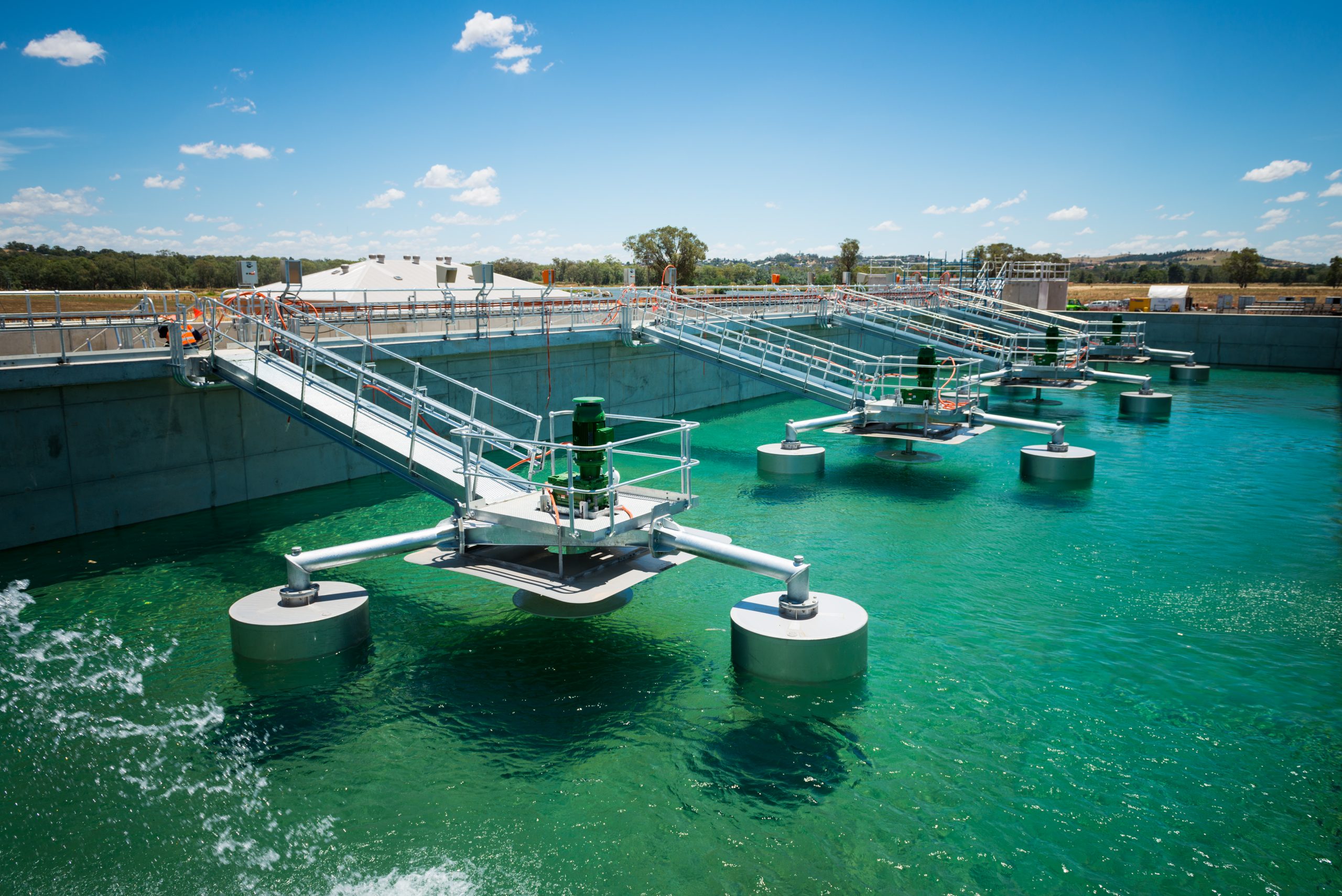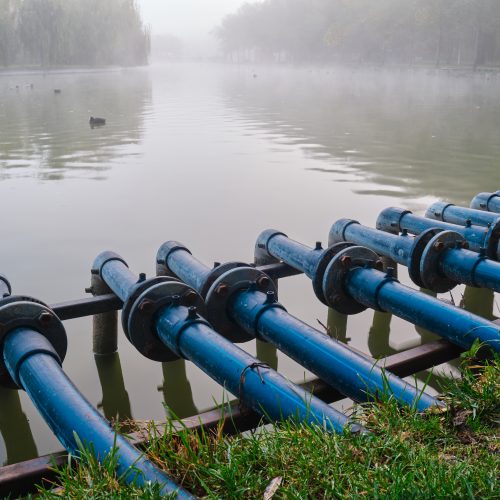Water-related environmental challenges can be divided into three main areas. First, the pollution problems primarily deriving from a lack of adequate wastewater collection and treatment. Second, the challenges are linked to resource efficiency, including water losses and water reuse as well as energy consumption and possible energy generation within the sector. Third, there are risks related to flooding, or even landslides, a growing problem in some areas on the back of climate-related impacts.
Water utilities and water users are both critical players in tackling the water sector’s environmental challenges. Policy initiatives must ensure that both sides are well regulated, engaged, and incentivised to do their part.
A water utility sits at the centre of a city’s water and wastewater systems and can help address all three types of environmental challenges. Therefore, a good starting point of water sector reform is to ensure the water utilities are well governed, well managed and well-performing. To achieve this, it is essential to put in place good and predictable governance structures and a sustainable financial framework for the utility company, as well as incentives for its management. A good contractual arrangement between the water utility and its (municipal) owner with clearly defined rights, obligations and processes for both sides is a key first step. Further, measures like corporate development programs can help identify operational shortcomings and strengthen the utilities’ capacity.
After the basic services are provided in a cost-efficient and sustainable manner, utilities can also seek to employ a range of solutions to further improve resource efficiency, prevent pollution and capture the value of by-products such as biogas and sludge. For instance, a more mature form of asset management, making use of increasing digital solutions, might include technologies such as sensors and automated management solutions (SCADA), which can be considered to improve the performance of the sector.
On the demand side, policy initiatives will focus on the water and wastewater service users – including industries, businesses, institutions and residents. To incentivise prudent water consumption, correct pricing of water is needed in combination with adequate metering, billing and payment collection. To reduce polluting wastewater discharge, tighter monitoring and enforcement may be needed. While introducing consumption-based billing for residents or tighter rules for wastewater discharge from industries is not easy, it can be complemented with information campaigns, which is a relatively low-cost and proactive approach that can create a collective awareness, trigger behavioural changes and ensure better buy-in among households and industries. Finally, measures targeting water users may not only lead to water savings and potentially lower energy use, they may also promote innovative ideas such as water reuse techniques for water-intensive industries.
Given the wide-reaching nature of the water sector, several water-related environmental challenges and solutions require extensive cross-sectoral cooperation. This is typically the case where flooding is a major concern and where the city considers nature-based solutions or green roofs to absorb heavy rainfall.
Apart from environmental perspectives, water and wastewater sectors are also essential to promote inclusive cities. Lack of accessible and affordable water and sanitation services for all imposes public health and economic growth constraints. Thus, relevant policy instruments and investment programmes’ impact on inclusion target groups, such as low-income households, need to be evaluated.















